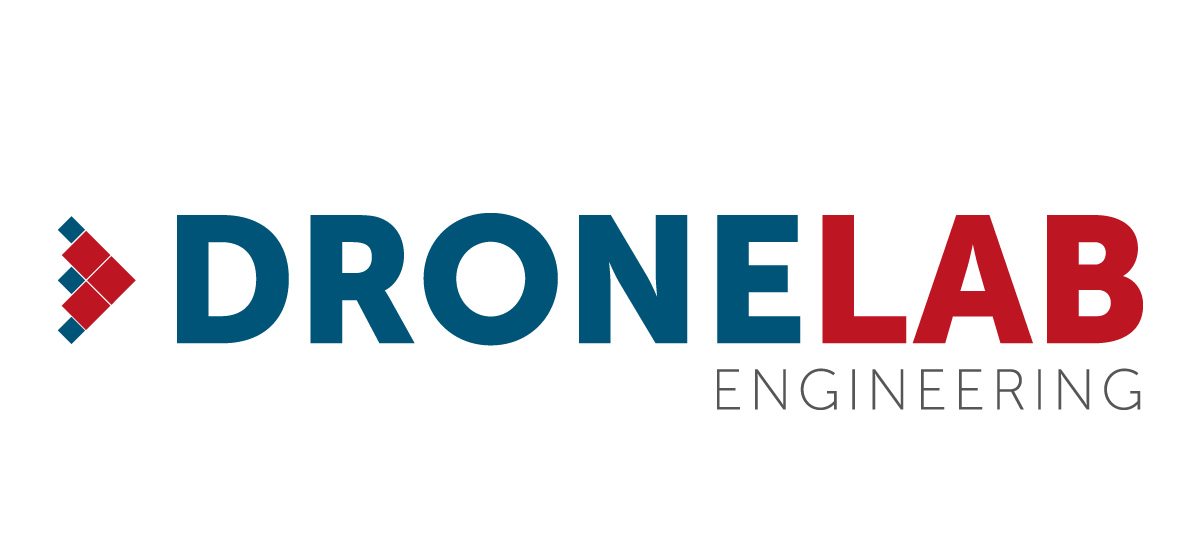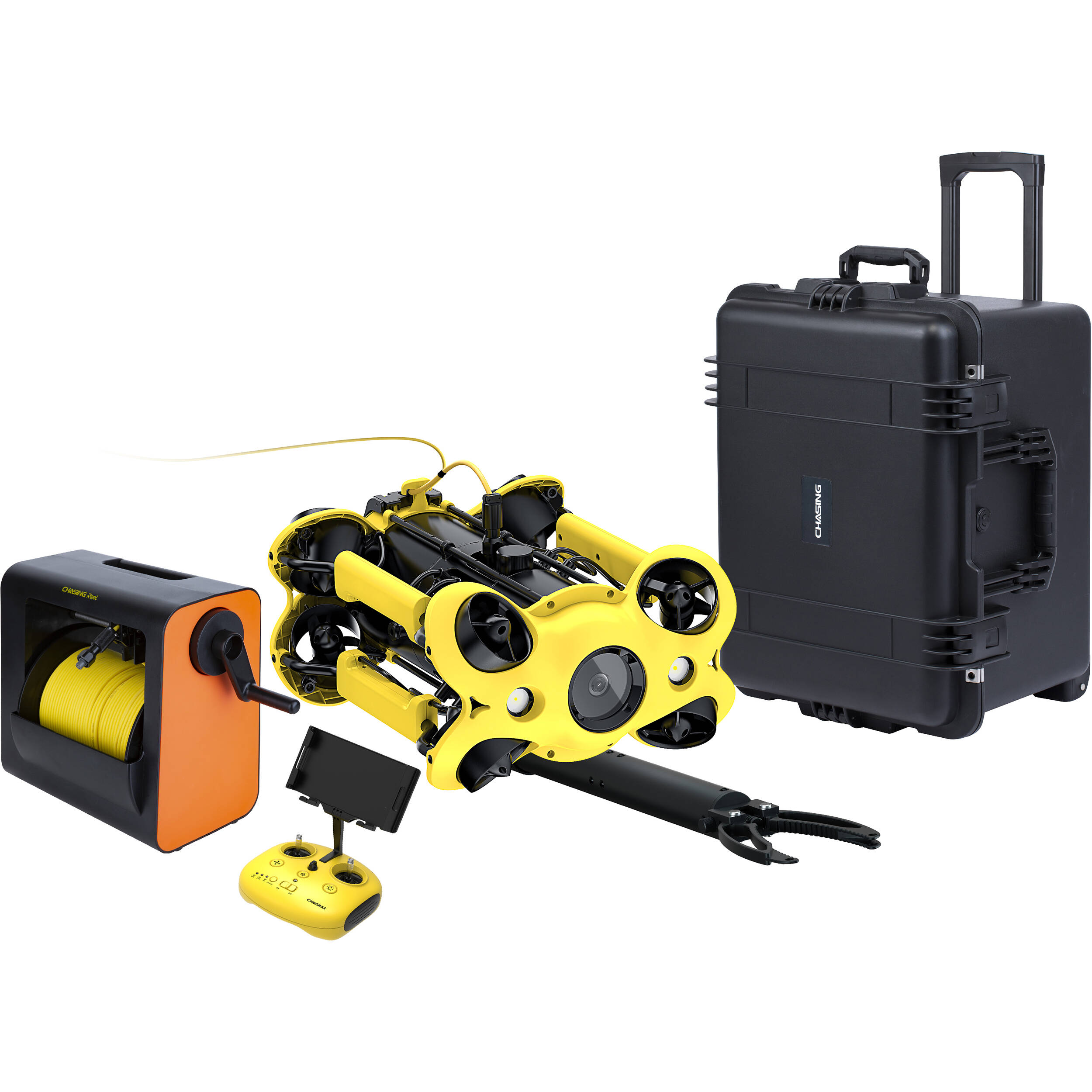Company DroneLab is a leading provider of technical courses for land and sea drone engineers in Latvia. Their comprehensive two-week program covers the fundamental principles and practical applications of drone technology, empowering engineers to design, operate, and analyze drone systems for a wide range of applications. Through hands-on training and expert guidance, DroneLab equips aspiring engineers with the skills and knowledge to excel in this rapidly growing field.
Navigating the Drone Landscape: Technical Courses for Land and Sea Drone Engineers
The rapidly evolving drone industry presents a wealth of opportunities for aspiring engineers seeking to specialize in land and sea drone technology. To fully grasp the intricacies of this field and acquire the necessary skills, pursuing specialized technical courses is essential.
Course Curriculum and Duration
A comprehensive technical course for land and sea drone engineers typically spans two weeks, providing a solid foundation in the core concepts and practical applications of drone technology. The curriculum typically encompasses the following modules:
- Drone Aeronautical and Hydrodynamic Principles: Understanding the aerodynamic and hydrodynamic principles governing flight and underwater operation is crucial for designing and operating drones effectively.
- Drone System Architecture and Design: Engineers must grasp the technical aspects of drone system architecture, including sensors, autopilots, communication systems, and payload integration.
- Drone Programming and Control: Programming skills are essential for developing autonomous flight control algorithms and managing drone operations.
- Drone Data Processing and Analysis: Engineers must be proficient in processing and analyzing drone-acquired data for various applications, such as mapping, surveying, and inspection.
- Ethical Considerations and Regulations: Drone professionals must be well-versed in ethical guidelines and regulatory frameworks governing drone usage in various environments.
- Hands-on Drone Flight Training: Practical experience is paramount, and hands-on flight training allows engineers to gain proficiency in operating drones in both land and sea environments.
Expert Opinion: Embracing Continuous Learning
“The drone industry is constantly evolving, so continuous learning is essential for engineers to stay at the forefront of innovation. Technical courses provide a solid foundation, but engineers should also stay abreast of new technologies, applications, and regulations through online resources, industry events, and professional networks.” – Dr. Emily Jones, Drone Technology Expert
FAQs
Q1: What are the prerequisites for pursuing technical courses for land and sea drone engineers?
A1: A strong background in engineering principles, mathematics, and programming is essential. Relevant coursework in mechanics, electronics, and computer science will provide a solid foundation for mastering drone technology.
Q2: What are the career prospects for land and sea drone engineers?
A2: The demand for skilled drone engineers is growing rapidly across various industries, including agriculture, construction, energy, infrastructure inspection, and environmental monitoring. With proper training and experience, graduates of technical courses can expect to secure rewarding and in-demand careers.
Q3: What are the top drone engineering certifications and accreditations?
A3: Several organizations offer certifications and accreditations for drone engineers, including the Unmanned Aerial Vehicle (UAV) Systems Technical Certification from the National Robotics Engineering Center and the Remote Pilot Certificate from the Federal Aviation Administration (FAA). These certifications demonstrate proficiency and enhance career prospects.

